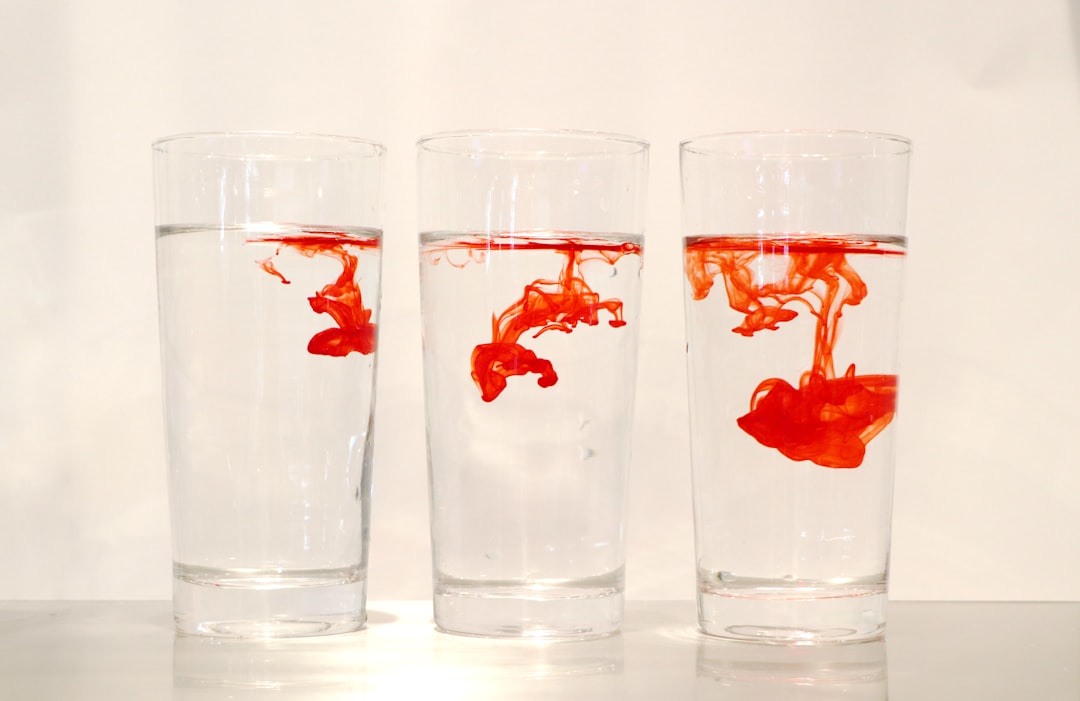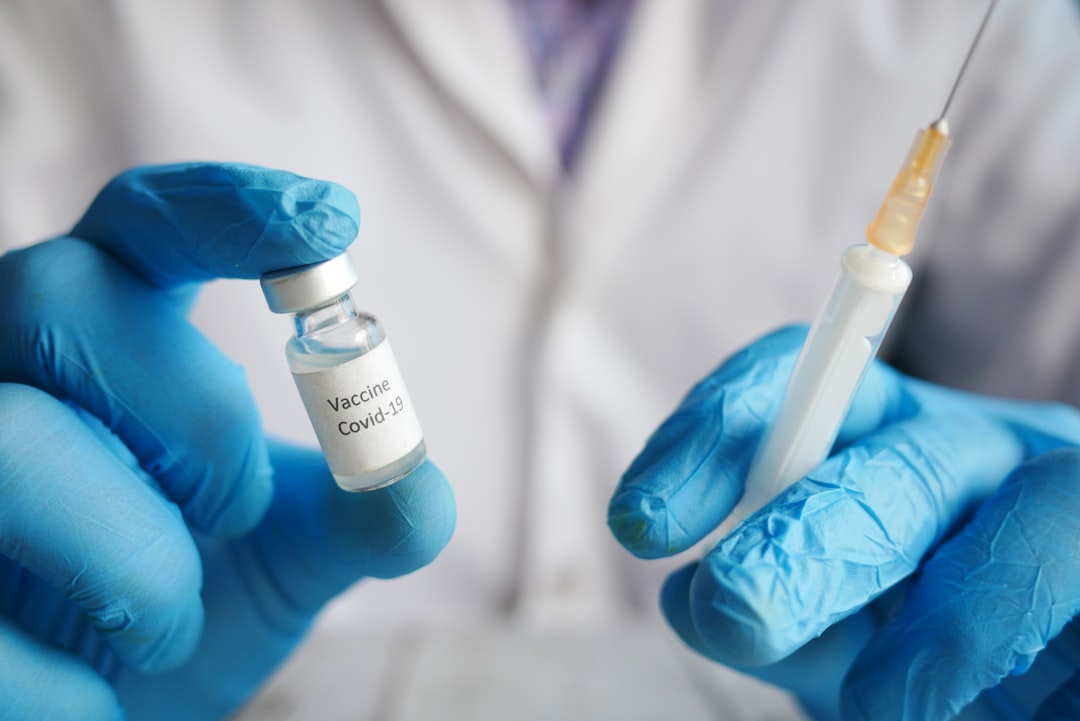What is it about?
The study evaluates the efficacy of the chemical larvicide Temephos for the control of potential vector mosquitoes in Cape Verde, demonstrating its inefficiency for the control of the malaria vector and the loss of susceptibility to the insecticide of the other potential vectors in the country. In turn, the study presents the biological larvicide Bti as an alternative, with 100% efficacy.
Featured Image

Photo by Егор Камелев on Unsplash
Why is it important?
The findings found in this study are relevant to the proper functioning of the national vector control program by warning of the loss of effectiveness of one of the main routine strategies used while pointing to an alternative, more effective, and respectful of the environment.
Perspectives
This publication reinforces the importance of local applied research to solve problems and improve public policies in the area of vector control and vector-borne diseases in Cape Verde. In turn, it brings preliminary positive results on the biological larvicide Bti, which is pointed out as an alternative that, after being confirmed with other complementary studies, could be used as a vector control strategy in the country.
Lara Ferrero Gómez
Jean Piaget University
Read the Original
This page is a summary of: Susceptibility of mosquito vectors of the city of Praia, Cabo Verde, to Temephos and Bacillus thuringiensis var israelensis, PLoS ONE, June 2020, PLOS,
DOI: 10.1371/journal.pone.0234242.
You can read the full text:
Resources
Contributors
The following have contributed to this page










